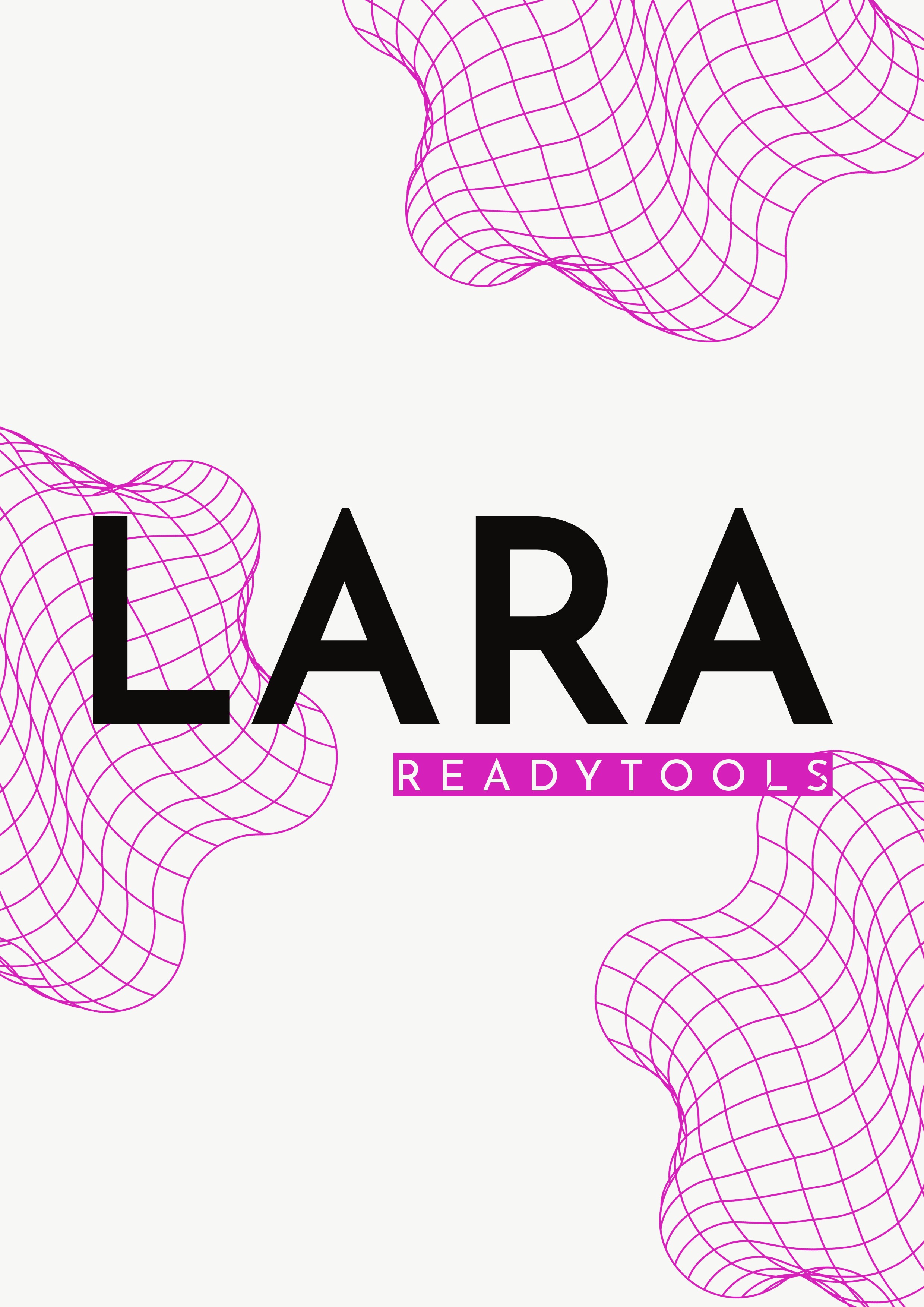Algebraic Expressions
Algebraic expressions are the basic units of algebra. An expression consists of numbers (constants), letters (variables), and mathematical operations (addition, subtraction, multiplication, division, exponentiation). They can be very simple or complex.
Basic Concepts
- Constant: a fixed value, such as 5 or -2.
- Variable: a letter representing an unknown or arbitrary value, e.g., x or y.
- Coefficient: the multiplier in front of the variable, e.g., 3 in 3x.
- Term: a part of the expression separated by + or −, e.g., 3x, 5, -2y.
Simple Examples
In this expression, 3x is a variable term where 3 is the coefficient, x is the variable, and 5 is a constant term.
In this expression, there are three terms: 2a², -4a, and 7. In the first term, the variable is raised to a power.
Simplifying Expressions
One of the most important operations in algebra is simplifying expressions. This means combining terms with the same variables or calculating the constants.
Only terms with the same variable raised to the same power can be combined. For example, x² and x cannot be combined.
Distributive Property
The distributive property helps in transforming expressions: a(b + c) = ab + ac. This is a frequently used rule in algebraic operations.
Algebraic Expressions in Everyday Life
- If a chocolate costs x forints and you buy 3, the total price is 3x.
- If a taxi has a base fare of 500 forints and each kilometer costs y forints, the total cost is 500 + y·kilometers.
- If each member of a sports club pays 2000 forints monthly and there are n members, the revenue is 2000n.
Practice Exercise
We have reviewed and checked the materials, but errors may still occur. The content is provided for educational purposes only, so use it at your own responsibility and verify with other sources if needed.
✨ Ask Lara — your AI study partner
Unlock personalized learning support. Lara can explain lessons, summarize topics, and answer your study questions — available from the Go plan and above.
Lara helps you learn faster — exclusive to ReadyTools Go, Plus, and Max members.


